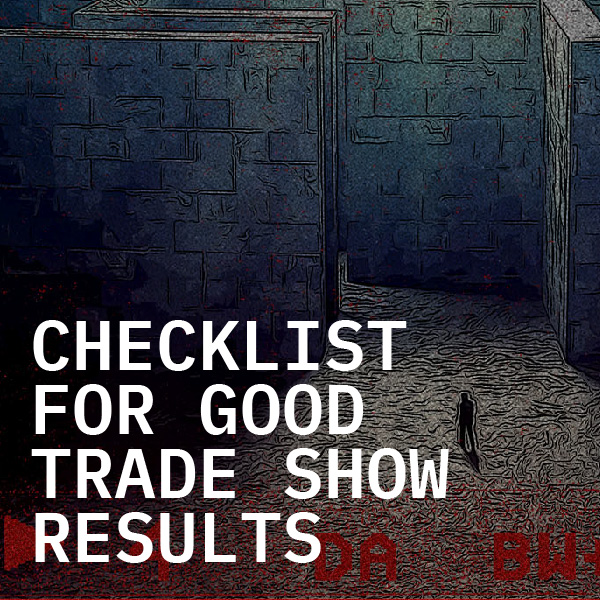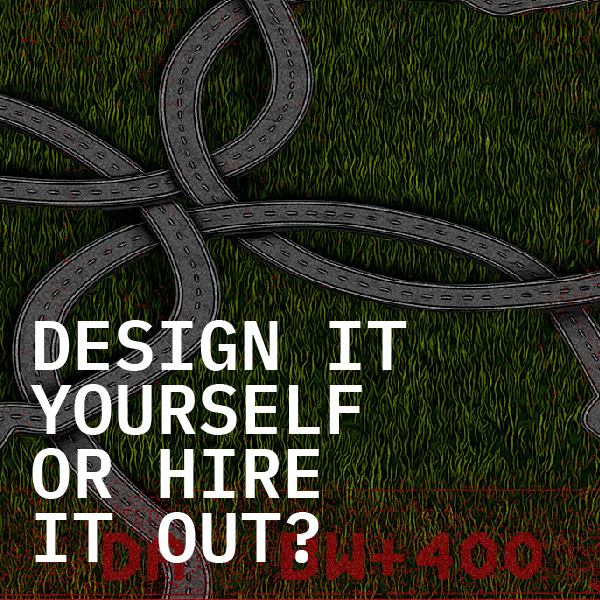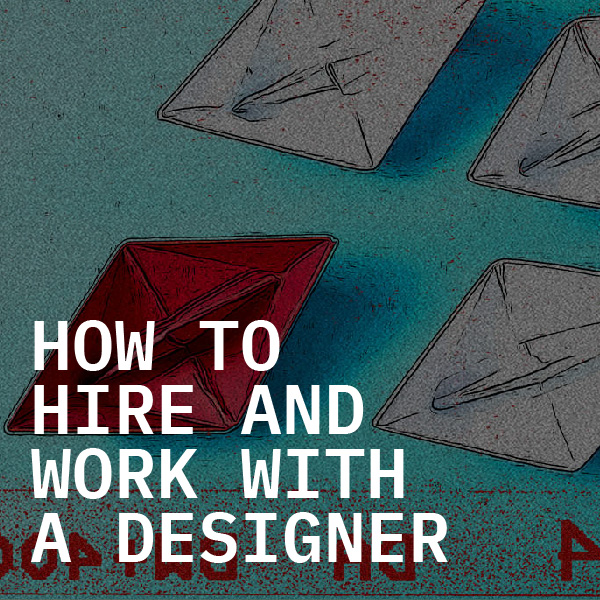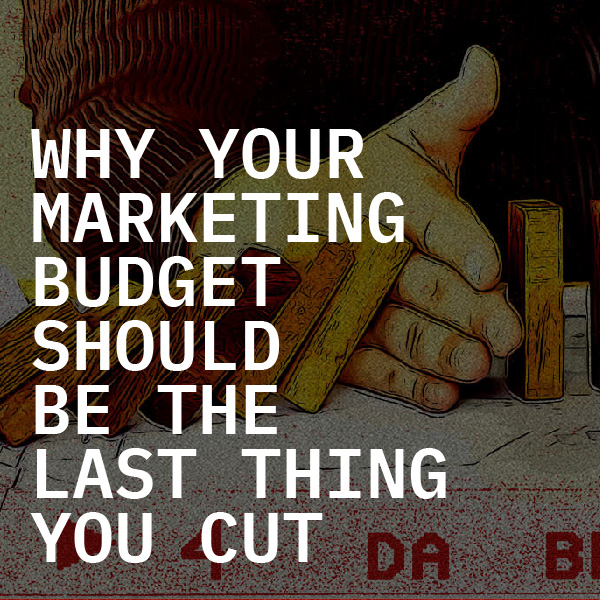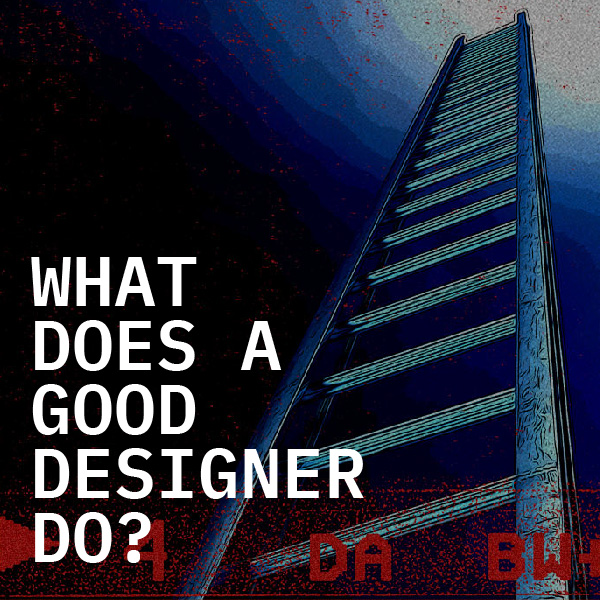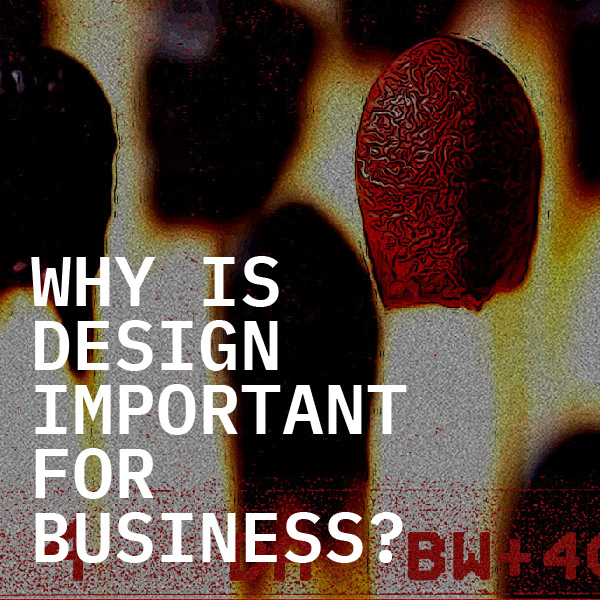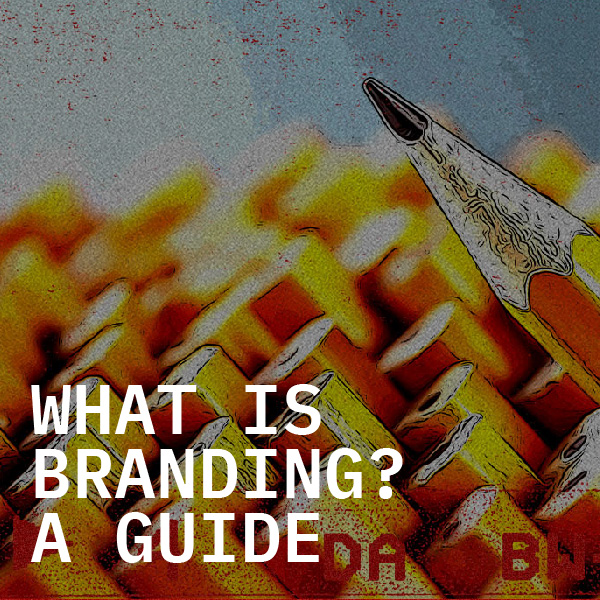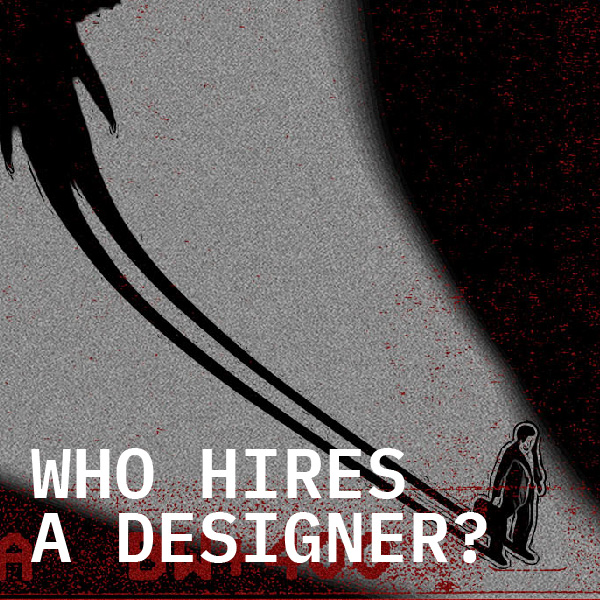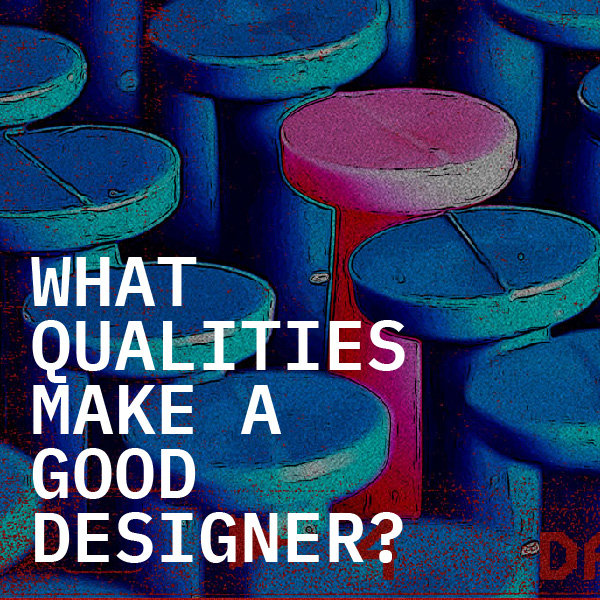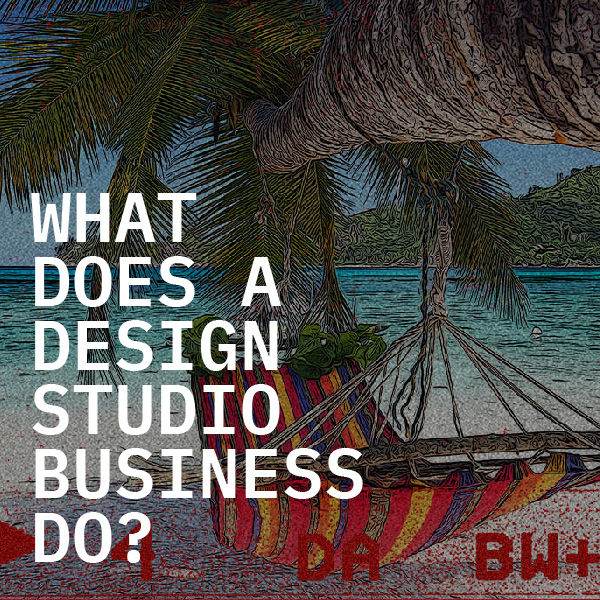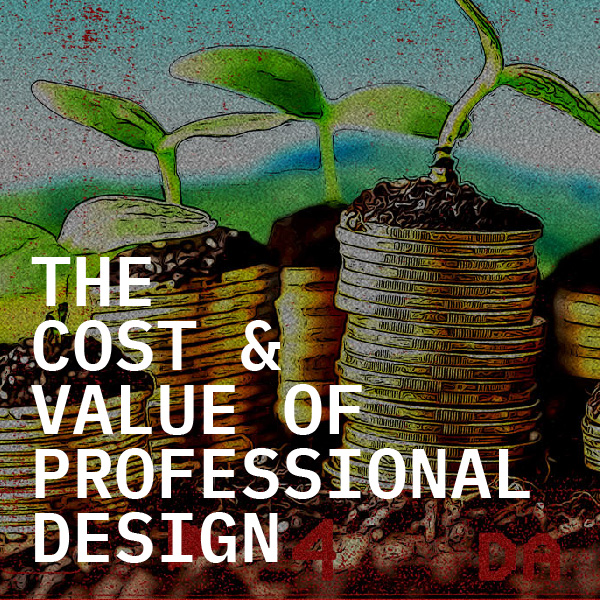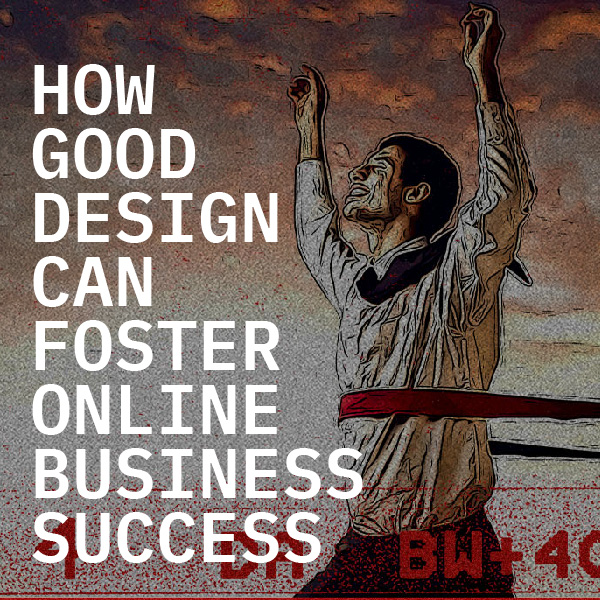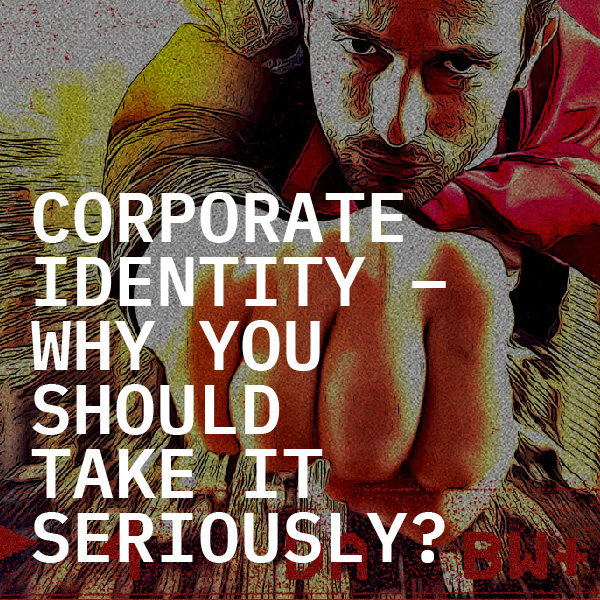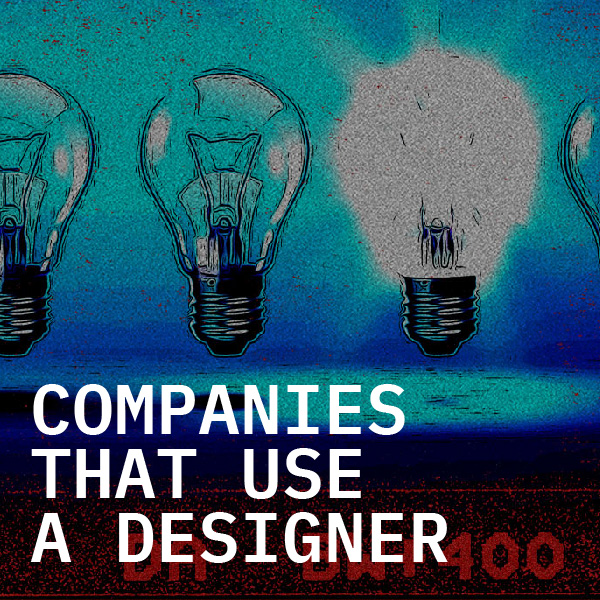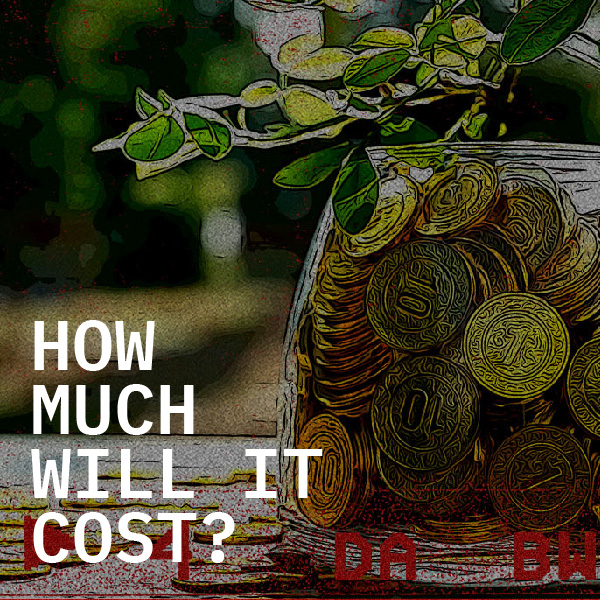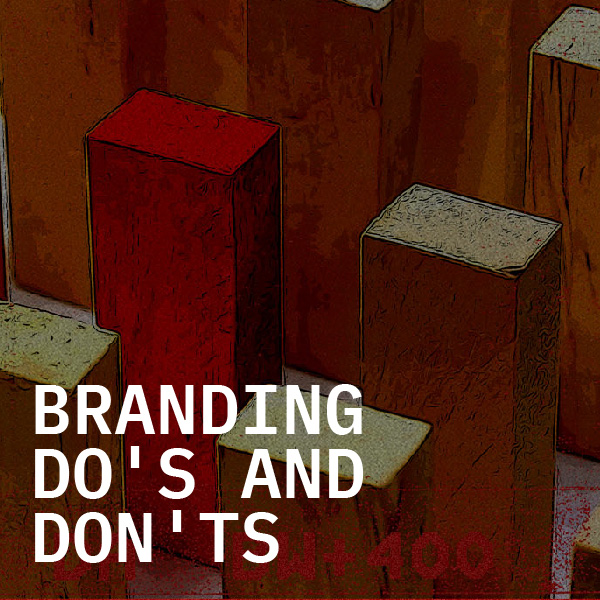branding
potential
Hiring a graphic designer for small business is essential. There’s simply no way around it, as their impact on drawing in and sustaining a business is research-backed and undeniable.
Many small, mid-sized and large companies use a graphic design partnership to strengthen their branding potential without sacrificing budget or internal resources. You have products, services and expertise you’ve worked hard to turn into an enterprise, but you cannot and should not do it all.
Here are some examples of small businesses that benefit from specialist help:
From dental offices and counseling centers to vitamin shops and urgent care clinics, many branches grow on the healthcare tree.
Businesses unaffiliated with a parent healthcare organisations must devise their own branded logos, websites, stationery, direct mailings and more to achieve marketing initiatives.
A designer is essential to do so, ideating professional yet original iconography to better establish a compelling healthcare brand.
Many restaurants are independent, meaning they operate without the branding resources or familiarity of chains. They also tend to be family owned, run like a small business with similar operational and budgetary concerns.
The importance of a distinct restaurant “flavour,” therefore, goes beyond what you’re serving on the menu.
Yet it’s highly unorthodox for an independent restaurant to staff an in-house designer to curate this, making an outsourced design expert the natural partnership.
Law firm logos are a categorical way to denote authority and professionalism.
Most law firms have a specialty as well, practicing family, health, corporate, personal injury law and many more subspecialties.
These categories are ripe for branding and logo potential that designate expertise without sacrificing an eye-catching impact.
More and more prospective homebuyers are turning online to find the house of their dreams. In fact, over 70 percent use a mobile device to initiate and explore available real estate in their area.
As an independent or contracted agent, it’s critical your digital presence meets this digital reality. That means a clean, crisp and professionally designed real estate agent website first and foremost, plus one that’s mobile friendly and intelligently branded to set yourself apart from other agents.
Don’t forget how your physical assets, like your business cards or signs, must match accordingly.
Hotels carry distinct, branded personalities just like any other business type on this list. Yet many hotels, bed and breakfasts and others in the hospitality industry fail to harmonise the branding they’ve spent so much time on inside their buildings with those elements facing outward.
A professional graphic designer connects those dots, ensuring the attention spent on curating the physical hotel environment gets complemented and amplified in its business cards, pamphlets, website, mobile platform and more.
Health and beauty brands are fiercely market-driven. Not only must they remain plugged continuously into changing consumer tastes and social trends, but they must pivot their products to continually exceed them.
It’s also one of the most heavily based in e-commerce. Health and beauty websites can make or break a brand’s ability to retain target consumers.
Through branded images, advertisements, videos and animations, they must convey how they align with a certain target demographic’s lifestyle. A professional designer can do so keenly.
It is vital for professional consultants to spark interest and convey who they are and what they do with one look at their logo or business card.
The consulting world is highly competitive, and those looking for your services likely have specific ideas in mind on the nature of services and the levels of expertise they’re seeking.
This needs to be relayed the moment they begin interacting with your collateral.
Entertainment and media brands garner some of the most loyal followings from consumers. Just consider how many people have a favorite news channel, magazine or video game.
Yet the nature of the industry is also broad, encompassing everything from movie theaters and go-cart tracks to gaming companies and hobby centers.
Entertainment brands require personality and pithiness, and the consumer needs to understand instantly what experience they can expect from engaging with an entertainment company’s content or venue.
Food and beverage brands face a new market reality — more than ever, people want to be informed and feel good about their food choices.
Consumers state they take an active interest in what’s in their fridge or pantry. Even more say they want to feel connected to their food, be that emotionally, culturally, sustainably or a mix of these.
Branding icons and communicated visual messages on-par with the explosive new awareness and interest in food and beverages will be the future of this industry’s most successful collateral.
MORE
KNOWLEDGE
Get
in
touch
If you have a new project on the horizon or want to explore working with a new creative agency to support your team, give us a call (in English or Swedish!)
